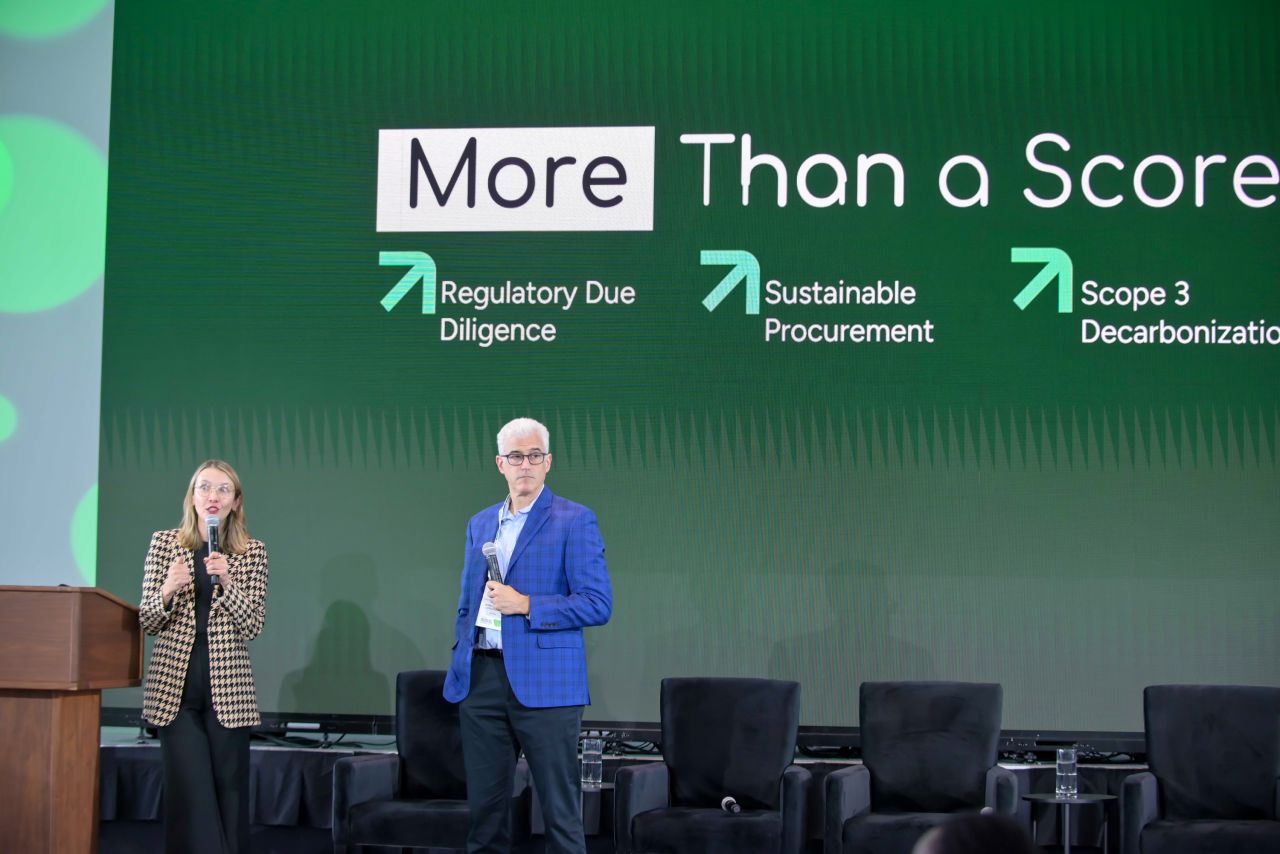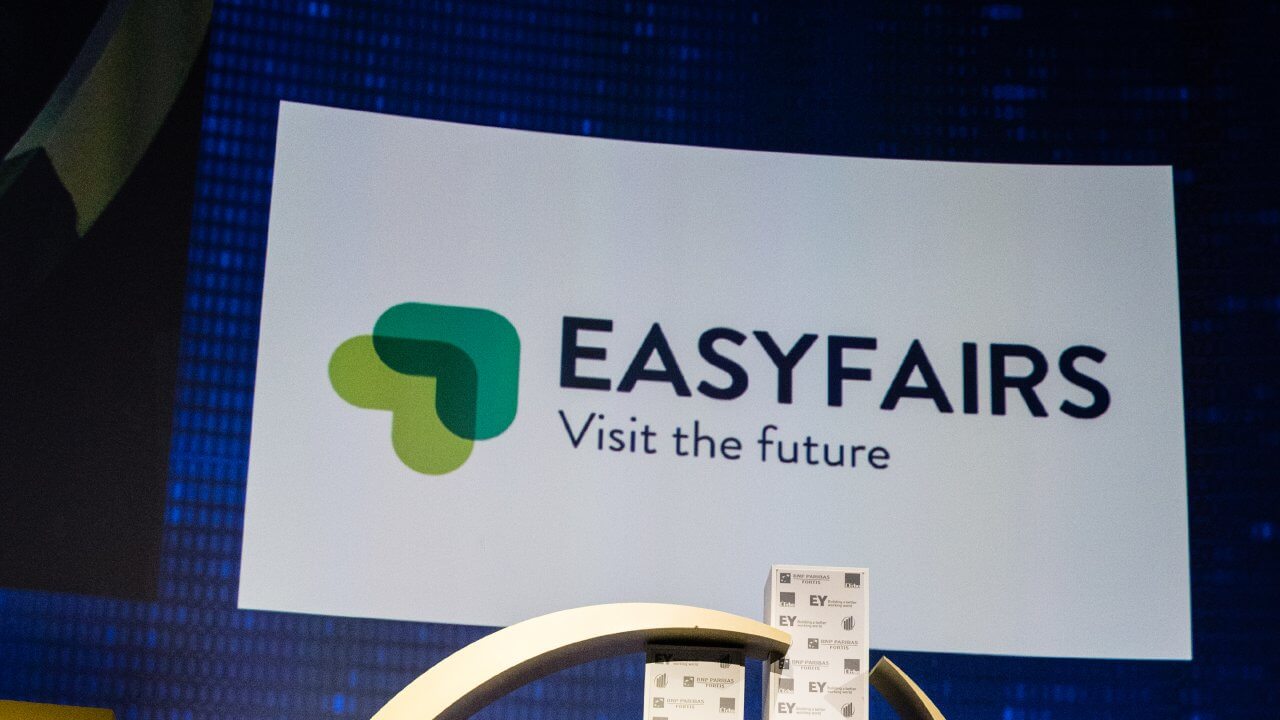The report's central assessment is based onEcoVadis data covering more than 133,000 carbon assessments of 83,000 companies worldwide, supplemented by BCG's statistical and analytical expertise to identify the main levers for improvement, according to sector and geographical area. This means that companies of all sizes around the world could lose $500 billion a year if they were to ignore emissions associated with production chains (Scope 3).
As a reminder, a company's greenhouse gas emissions are classified into three categories. Scope 1 corresponds to direct emissions, i.e. those generated by the company's activities (plants, vehicles, boilers). Scope 2 covers indirect emissions linked to purchased energy, such as electricity. Finally, Scope 3 includes all other indirect emissions from the value chain (suppliers, transport, product use and end-of-life). As a general rule, Scope 3 emissions exceed those of Scopes 1 and 2 combined by a factor of 21. However, only 24% of companies report them, and just 8% have set reduction targets. In France, 33% report them, but only 11% are committed to setting targets.
Faced with this situation, the French company and the American consultancy have set out 5 actions to move from awareness to concrete action:
- Involve suppliers in the importance of the climate effort and set up joint projects to reduce emissions.
- Establish a dedicated team to lead the company-wide low-carbon agenda.
- Set up a greenhouse gas inventory and monitor operations.
- Draw up a global plan to move towards a low-carbon economic model.
- Allocate a specific budget to support decarbonization initiatives.
"The financial implications of climate inaction are clear, but so are the opportunities. By targeting Scope 3 emissions, companies can not only protect their profitability but also strengthen their supply chain. The time to act is now, and the most effective lever is with suppliers, who generate the majority of emissions", says Pierre-François Thaler, co-founder and co-CEO of EcoVadis.

.jpeg)









